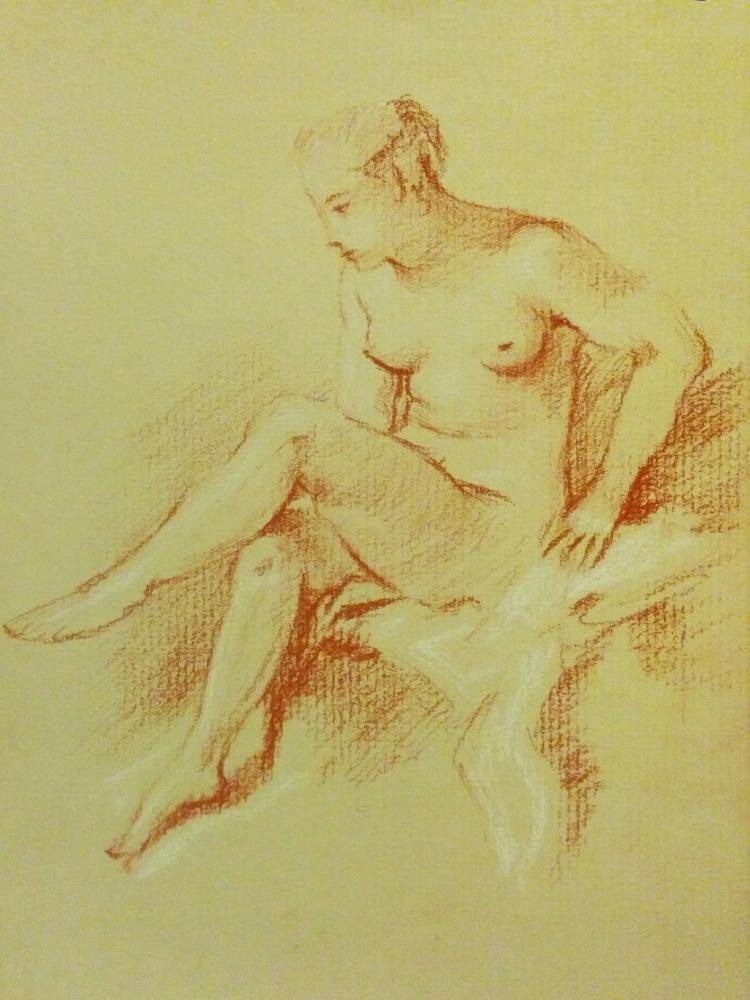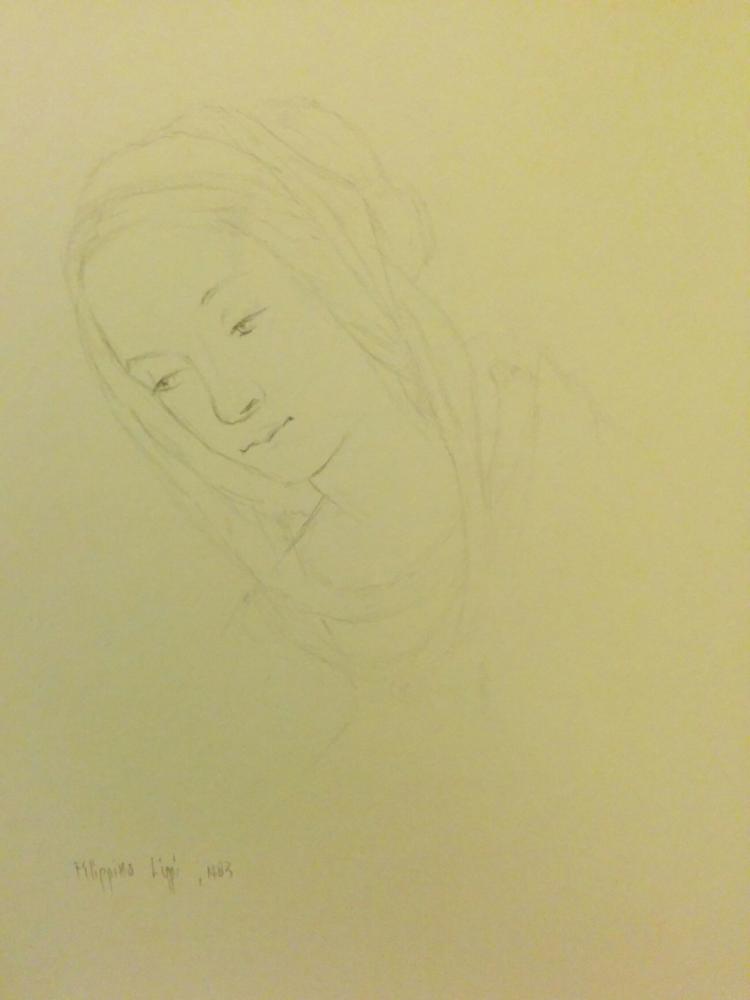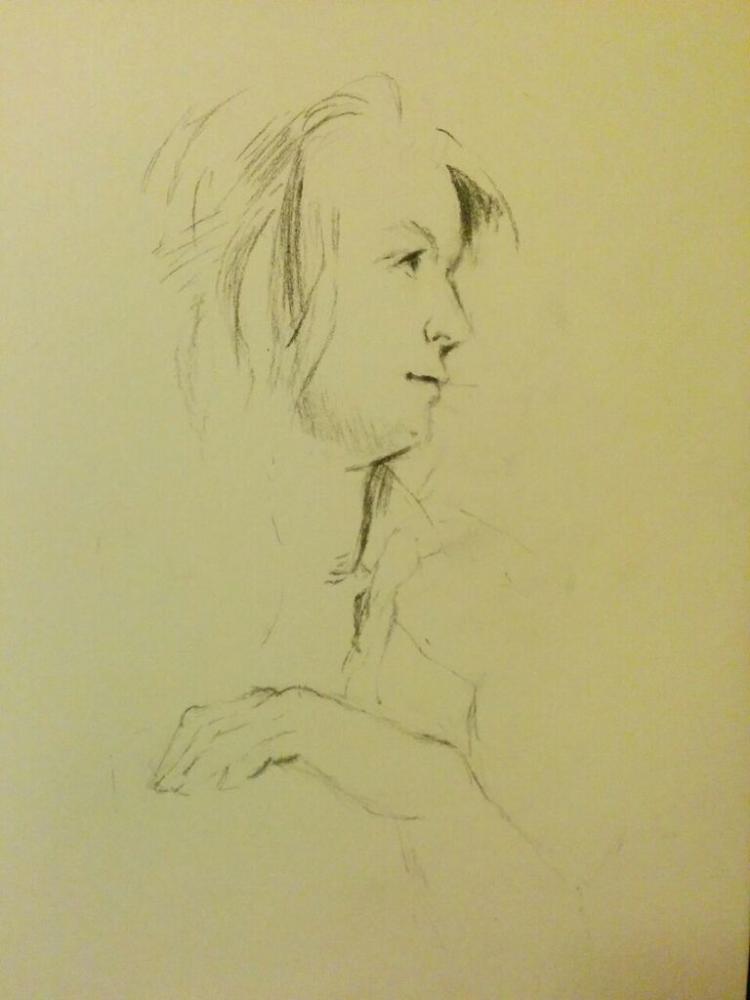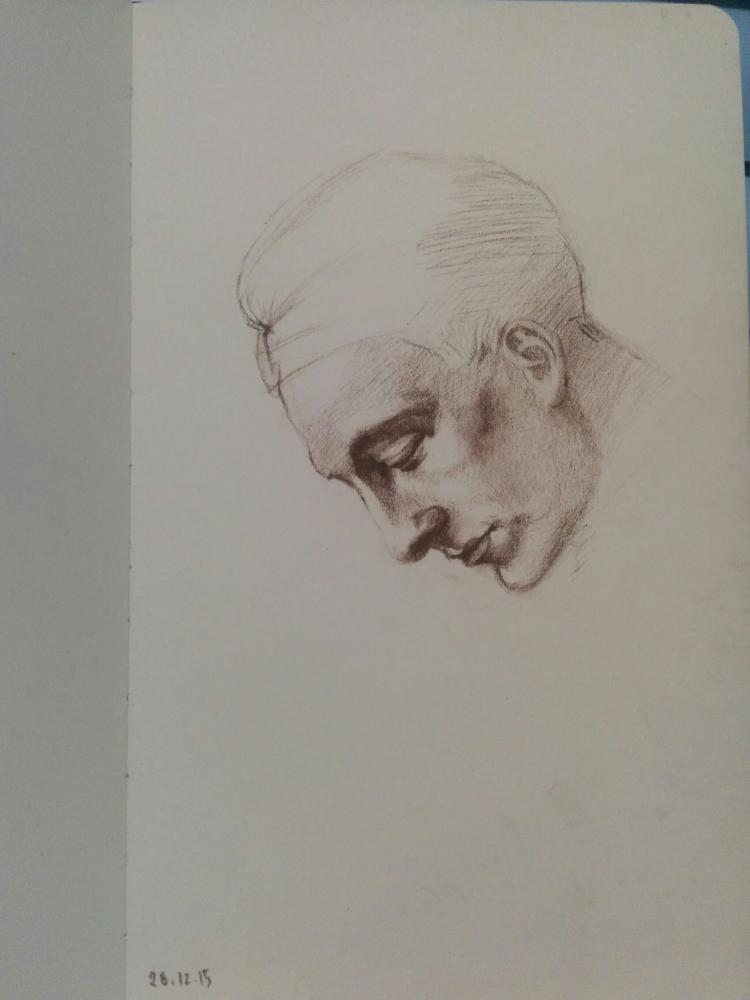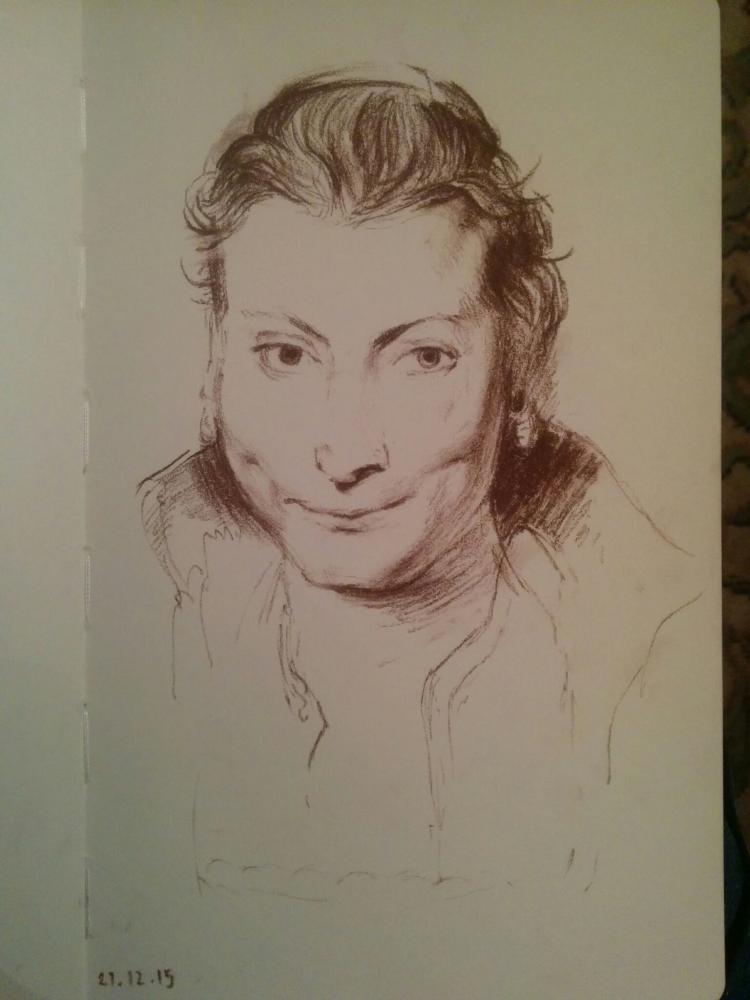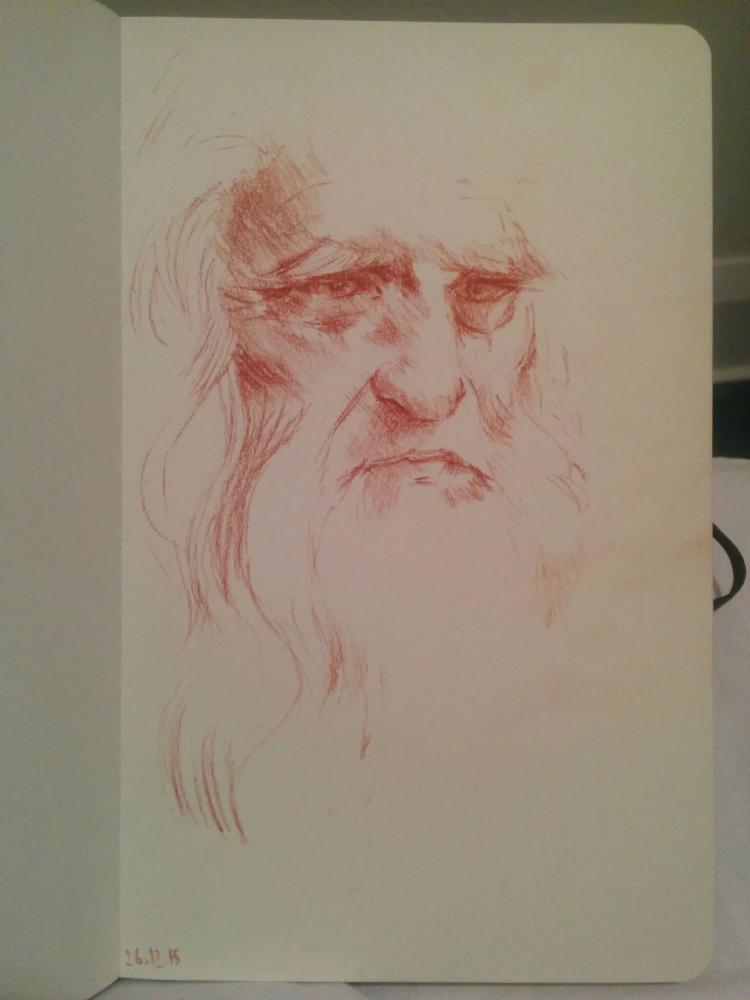Day two and I realise I haven't specified what my daily writing should be about or who it should be for. I think I shall write it for myself. Maybe it should be like Meditations.
I have been thinking about the quantified self. I have been using a pedometer on my phone for the last couple of days because I was interested to see what 10,000 steps a day felt like. At the same time I am at my Grandma's and I am confronted by a person who will never walk another step again on her own.
It has made me think about the fact that we can be described by a series of finite numbers. There are a definite number of steps that you will walk in your lifetime, a finite number of times your heart will beat. You can take an average of the population and plot your lifetime's progress against it. It is as obvious and as incomprehensible as the realisation that there will be days when you are no longer alive and yet everything will continue to exist as before.
It reminds me of a quotation from Proust's Within a budding grove, when the narrator realises that he is already part-way through his life and that every day may not in fact be the start of something new.
"...when he spoke of my inclinations as no longer liable to change, he awakened in me two terrible suspicions. The first was that (at a time when, every day, I regarded myself as standing upon the threshold of a life which was still intact and would not enter upon its course until the following morning) my existence was already begun, and that, furthermore, what was yet to follow would not differ to any extent from what had already elapsed. The second suspicion, which was nothing more, really, than a variant of the first, was that I was not situated somewhere outside the realm of Time, but was subject to its laws..."
À l'ombre des jeunes filles en fleurs / Within a budding grove - Marcel Proust
Reflections on today's drawing
Today I attempted to make a copy of Rubens' drawing of his first wife Isabella Brant. I used a conte crayon that I couldn't get sharp enough.
I can hardly bear to look at it now, it's so far from the original. I didn't capture the likeness because I didn't take time to measure the proportions properly. Tomorrow my single goal will be to get correct proportions. It's a recurrent problem and I never have the discipline to overcome it because I'm lazy and hate measuring.
It is much easier to carry around the idea of yourself as the next great artist in your head without actually producing any work to contradict your false impression of yourself. When I produce work so full of error and so manifestly inferior to the original I am faced directly with my own shortcomings. I've been demotivated and depressed about it. The worst part is that I was so pleased with it whilst I was doing it, and only later do I see how amateur an attempt it is. The only thing to do is to use it as a motivation to improve, but it saps my energy to see how far my abilities are from the absurd, counter-factual opinion I hold of myself.
